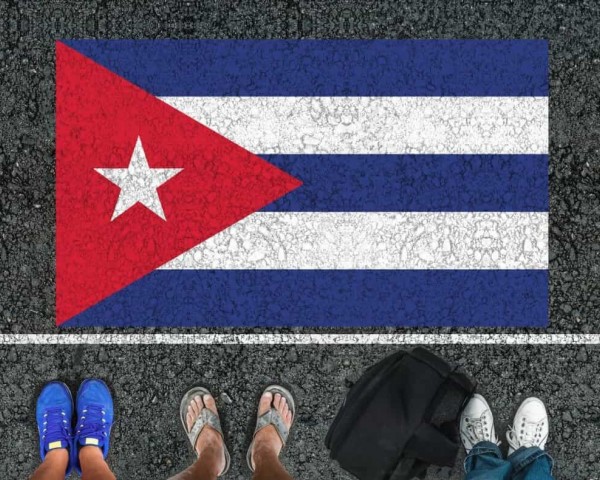Amid a tourism sector facing considerable headwinds, Cuba has announced a new entry protocol for international tourists. According to the Cuban Ministry of Tourism, starting July 1, 2025, all foreign travelers will need to secure an electronic visa (e-Visa) before their arrival in the country. The aim is to modernize immigration procedures and strengthen entry and exit controls, especially given the current difficulties within the tourism industry.
How Cuba’s e-Visa System Works
The e-Visa, obtainable solely through the official website evisacuba, necessitates that travelers fill out an online application and remit a $50 fee. Upon successful processing, the e-Visa is typically sent to the applicant via email within 72 working hours. Cuba’s e-Visa allows a stay of up to 90 days, with the possibility of a 90-day extension. Upon boarding their flight to Cuba, travelers must produce the e-Visa, in conjunction with a QR code generated from the mandatory D’Viajeros online form.
Interestingly, Canadian citizens do not have to pay the $50 fee, as it’s already included in the price of their airline ticket. Cubans holding valid passports are also exempt from this stipulation. The e-Visa is, however, required for nearly all other international visitors, with virtually no exceptions, so it’s important to plan ahead to ensure compliance prior to travelling.
Modernizing Immigration Amid Tourism Struggles
The introduction of the e-Visa is an element of Cuba’s broader strategy to digitize and refine its migration management processes. As reported by official media, the measure is intended to centralize records and enhance border security through digital technology. By implementing an e-Visa system, Cuba hopes to boost efficiency and security, aligning itself with the global move toward modern immigration management practices.
Still, this adjustment occurs when Cuba’s tourism industry is experiencing notable difficulties, including diminishing visitor numbers and significant economic pressures. The required e-Visa, introducing an added step for visitors, might somewhat negatively impact Cuba’s allure as a desirable destination. Officials are optimistic that modernizing the immigration infrastructure will in turn promote confidence in Cuba’s tourism capabilities, even as the industry works through such complicated times.
Preparing for Travel to Cuba
For those planning a trip to Cuba after July 1, 2025, completing the e-Visa application well in advance of their departure date is advisable. The new rules underscore the importance of diligent preparation, because both the e-Visa and D’Viajeros QR code are required for boarding and entry. As Cuba balances modernization with its tourism recovery efforts, the effectiveness of this new system will probably hinge on how well it streamlines travel, without discouraging those who are excited to experience the island’s culture and scenery.

